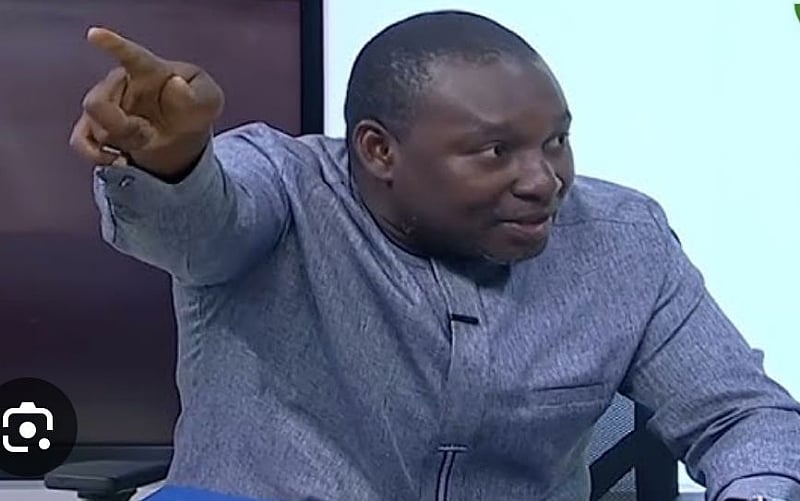Former President John Agyekum Kufuor’s recent expression of discontent regarding his perceived marginalization by the New Patriotic Party (NPP) has sparked a heated debate within the political landscape of Ghana. Kufuor, who led the NPP to victory in the 2000 and 2004 general elections, voiced his disappointment over what he characterized as neglect and exclusion from the party’s activities. In a conversation with flagbearer hopeful Bryan Acheampong, Kufuor lamented the lack of communication from the current NPP leadership, emphasizing his bewilderment at being kept in the dark about crucial party developments. He stressed that he was not seeking special treatment but simply desired to be kept informed, questioning why he was being sidelined and ignored. Kufuor’s remarks have resonated with some party members who believe that his contributions should be acknowledged and respected, while others have criticized his public airing of grievances.
Solomon Owusu, a prominent member of the Movement for Change, a political pressure group within the NPP, has vehemently rebuked Kufuor’s complaints, arguing that the former president lacks the moral standing to criticize the party’s current leadership. Owusu contends that Kufuor remained silent during the tenure of former President Nana Addo Dankwa Akufo-Addo, when actions were taken that allegedly weakened the party’s grassroots support. He accuses Kufuor of inaction while “more grievous things were happening in the party,” suggesting that if Kufuor had spoken out earlier, the NPP might have avoided its current predicament. Owusu dismisses Kufuor’s claims of being sidelined as inconsequential, asserting that his previous silence disqualifies him from voicing concerns now. This sharp exchange highlights the underlying tensions and divisions within the NPP as it grapples with internal struggles and seeks to regain its political footing.
Kufuor’s lamentations touch upon a deeper issue of recognizing and valuing the contributions of past leaders. His supporters argue that he deserves respect and should be consulted on matters of significance, given his pivotal role in the party’s history. They view the alleged sidelining as a sign of disrespect and a failure to appreciate the wisdom and experience that Kufuor could offer. Conversely, critics like Owusu maintain that Kufuor’s past inaction undermines his current complaints. They argue that his silence during previous controversies renders his present concerns hypocritical and opportunistic. This clash of perspectives reflects a broader debate within the NPP about the balance between acknowledging past contributions and focusing on the future direction of the party.
The dispute between Kufuor and his detractors within the NPP also underscores the challenges of managing internal dissent within political organizations. Kufuor’s public expression of discontent has exposed simmering tensions and revealed divisions within the party ranks. While some view his outspokenness as a legitimate expression of concern, others perceive it as damaging to party unity and potentially undermining efforts to rebuild and strategize for future elections. This internal struggle reflects the complex dynamics of political parties, where competing interests and perspectives often collide.
Owusu’s accusations against Kufuor further highlight the delicate relationship between past and present leadership within political parties. The question of how to engage former leaders, balance their experience with the need for fresh perspectives, and manage potential conflicts is a recurring challenge for political organizations. Kufuor’s case illustrates the potential for friction when a former leader feels marginalized or disregarded, particularly when they believe their contributions have not been adequately recognized.
The unfolding controversy also raises broader questions about accountability and responsibility within political parties. Owusu’s assertions that Kufuor should have spoken out earlier against perceived wrongdoings raise the issue of the responsibility of party members to hold their leaders accountable, regardless of their position or stature. This debate touches upon the core principles of transparency and internal democracy within political organizations, and emphasizes the importance of fostering a culture where dissenting voices can be heard and addressed constructively. The ongoing dispute within the NPP serves as a microcosm of the challenges faced by political parties navigating internal conflicts, balancing competing interests, and striving to present a united front to the electorate.


